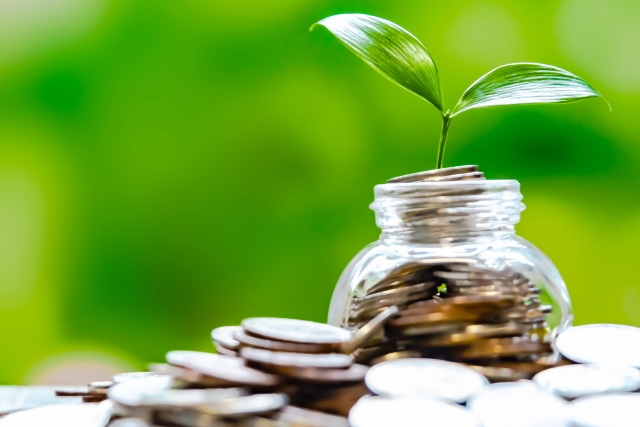Hello🌻
Indian Rupee & Mexican Peso look interesting. Yes, I’ve got my eyes on them 👀
This year, I want to try investing in something new. Although I love ETF investments, it can get a bit boring just doing that.
Then I found Peso & Rupee✨
Both country have 7%+ 10 year bond yield.
Both country’s credit rating is Low Medium Grade, so not the best, but still ok. India is just above the non-investment grade though… Mexico better.
But then, I don’t know anything about these countries.
I remember Indian government banned the used of high-value notes suddenly few years ago. I don’t know how stable the government is etc.
It looks quite interesting though. It does have a big economic potential as well, so I think it is worth looking into 😀
Mexican economy must be closely linked with the US economy. My image is quite biased and negative because of the drug industry. But their credit rating is much higher compared to the rest of the Central/South American countries. Is it because they are putting effort into expanding other industries? I really am not sure, but it is worth looking into😀
“If you don’t understand, learn & then invest‼️”
This is my motto❤️
If it looks too risky after researching, just don’t do it. At least, you have learnt something new.
If you don’t know, and you don’t want to learn, then don’t do it.
Also I don’t like to make an investment if it contradicts with my morals.
I need to speak to my Indian & Mexican friends. That’s a good place to start.

My happy samurai life in London💫
Hinata








